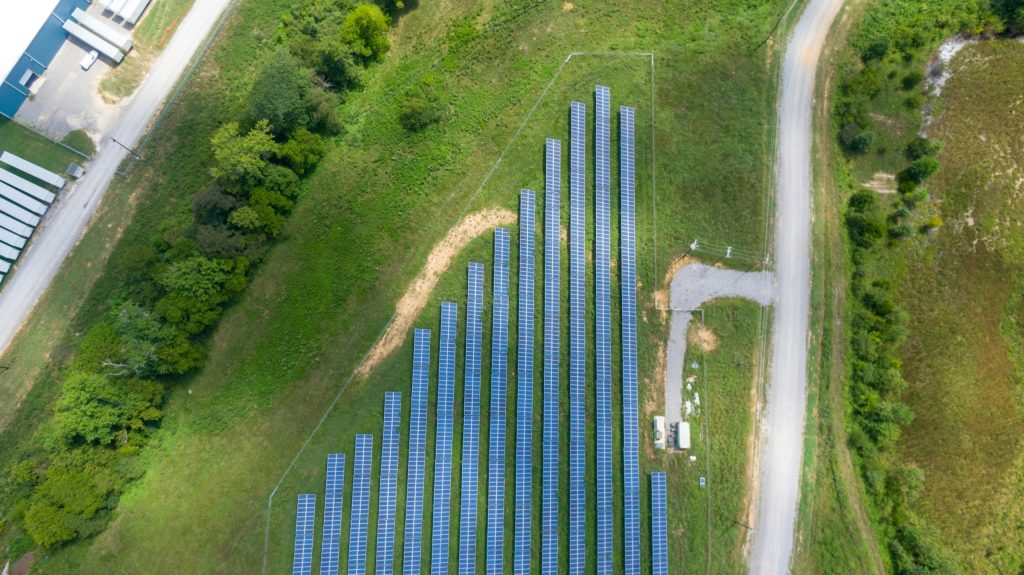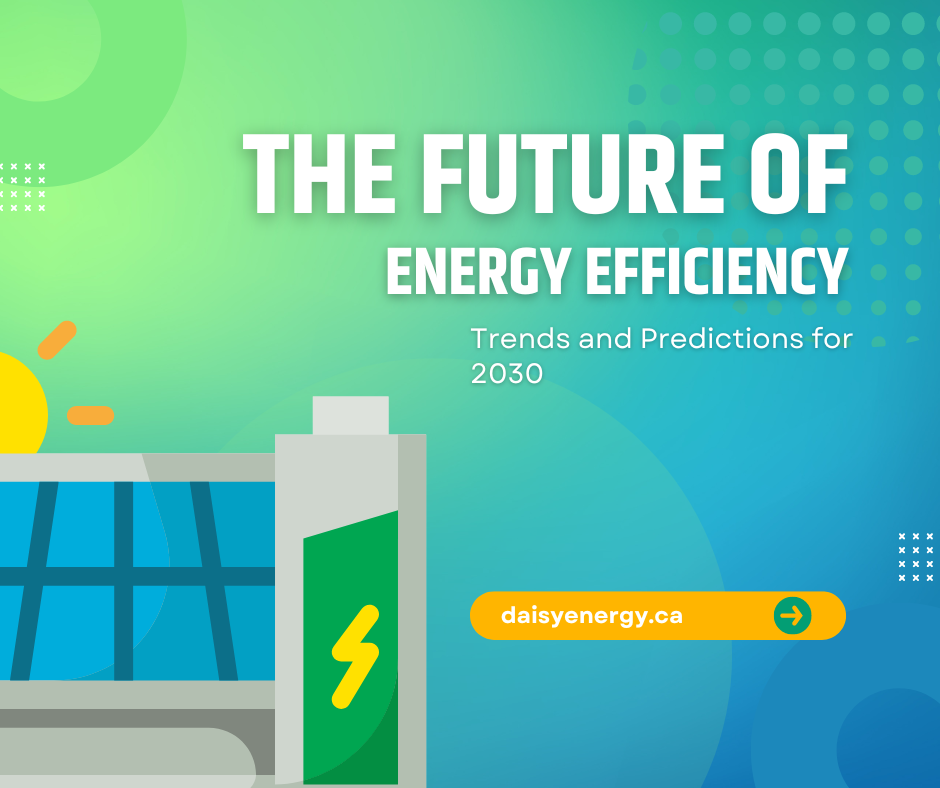How Smart Energy Solutions Drive Sustainability Goals for Corporations

Corporations today face growing pressure to reduce their environmental impact while simultaneously managing operational costs and enhancing efficiency. Smart energy solutions at Daisy Energy have emerged as a vital strategy for organizations aiming to meet their sustainability goals by reducing carbon footprint, lowering energy consumption, and adopting clean technologies. These solutions enable businesses to transition […]
How AI Is Enhancing Energy Efficiency in Industries

Industrial operations globally face intensifying pressure to reduce energy costs and meet sustainability targets. Artificial intelligence (AI) provides transformative solutions by optimizing energy use, minimizing waste, and enabling data-driven decision-making. These technologies help industries achieve significant cost savings while supporting environmental goals, positioning AI as a critical tool for modern energy management. AI-Driven Predictive Maintenance […]
How Smart Energy Solutions Are Driving Sustainability Goals for Corporations

Ontario is undergoing a remarkable energy transformation that creates new opportunities for forward-thinking businesses. Companies are now discovering innovative pathways to reduce energy consumption while enhancing their competitive edge. The province’s expanding economy drives electricity demand upward, yet this challenge becomes a catalyst for more innovative energy management approaches. Progressive corporations recognize that energy efficiency […]
Time’s Running Out: Switch to LED Before Fluorescents Are Gone for Good

Upgrading your commercial or industrial lighting to LED technology has never been more urgent, or more rewarding. With Canada’s new federal Products Containing Mercury Regulations banning the import and manufacture of mercury-containing lamps (including fluorescent tubes, compact fluorescent lamps, and high-intensity discharge fixtures) beginning as early as January 1, 2026, businesses face both the challenge of replacing end-of-life inventory and the opportunity to lock in generous incentives before they expire.
The Role of Heat Recovery in Reducing Industrial Energy Waste

Industrial facilities across Ontario face rising energy costs and growing pressure to operate more sustainably. Reducing industrial energy waste Ontario is a priority for many businesses, and heat recovery systems are proving to be a practical solution. By capturing and reusing heat that would otherwise be lost, companies can lower expenses and support their sustainability […]
What Does Net Zero Mean? A Guide to Carbon Neutrality

Net zero is more ambitious. It’s like going on a strict budget where you cut your spending (emissions) by 90% or more, then only offset the small amount you absolutely can’t eliminate.
Top 10 Smart Energy Devices for a More Efficient Building

Smart energy devices offer practical solutions for better building efficiency as businesses face rising energy costs and increasing pressure to reduce their carbon footprint.
The Role of Smart Energy in Achieving a Sustainable Future

In the evolving landscape of commercial energy management, businesses are discovering powerful strategies to reduce costs, enhance efficiency, and minimize environmental impact. This comprehensive approach combines three critical technologies: LED light retrofits, smart control systems, and advanced HVAC solutions.
Invest in Your Future: Solar Energy for Commercial Businesses

Solar energy has become an increasingly popular choice for commercial businesses seeking to reduce their energy costs and environmental impact. By installing solar panels and upgrading to LED lighting, Toronto business owners can reap significant benefits with sustainable energy, including long-term savings, increased property value, and a positive reputation as a sustainable enterprise. The Benefits […]
The Future of Energy Efficiency: Trends and Predictions for 2030

As we continue to navigate the challenges of climate change, energy efficiency has become a critical component of our collective efforts to reduce carbon emissions and create a more sustainable future. In 2030, the energy efficiency landscape is expected to evolve significantly, driven by technological advancements, shifting consumer behaviors, and increasingly stringent environmental regulations. In […]
